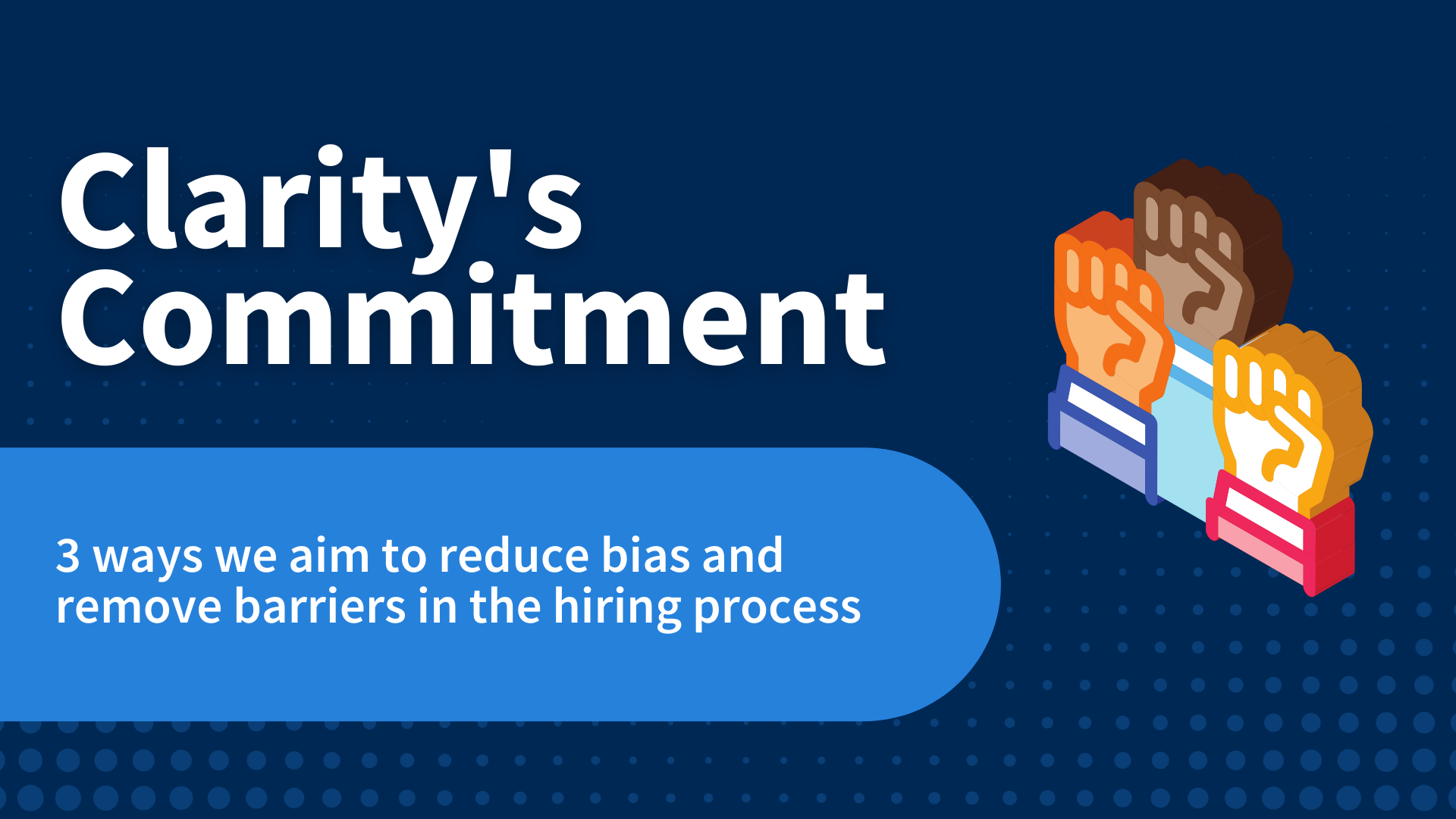Optimize Working Capital with a Modern CFO
 For small and medium-sized startup technology companies, investors are a huge focus. So what happens when investors start shying away from the company? For start up companies, investor funding is what fuels the workforce. While the company is setting itself up for growth, invested funds help drive talent acquisition, investments in technology and much more.
For small and medium-sized startup technology companies, investors are a huge focus. So what happens when investors start shying away from the company? For start up companies, investor funding is what fuels the workforce. While the company is setting itself up for growth, invested funds help drive talent acquisition, investments in technology and much more.
Within a growth company, the CFO plays a crucial role in allocating resources and cash flow to ensure the company is on the right trajectory. Here’s a look at the role a CFO can play when investor funds dry up, plus how a CFO can help a startup company develop into a growth company.
| Why CFO’s keep Working Capital Optimization on top of the agenda
Source: entrepreneur.com While there could be multitudes of challenges in the business model, the most crucial for the majority is the perpetual dearth of resources and the constant struggle to balance these to get the maximum at that point of time. To stretch each resource for that one extra day is what epitomizes an entrepreneur’s life! As expected, the most important of these resources is cash flow, the lifeblood of running an organization. And ensuring that the flow is uninterrupted is the job of the CFO. Every CFO wants to see his organization well capitalized and hence Working Capital Optimization (WCO) is a top item on the agenda for any CFO. WCO is all about optimizing trapped cash in all the three areas: Payables, Inventory, and Receivables. As most of the startups have been in the services space, payables and receivables are the two big factors for WCO. Most of the CFOs use payables a very effective WCO tool. Technology has aided the process improvements in a big way with the availability of world class payables systems. However, technology is as good as the implementation and there still exists issues with mismatched timelines, duplication of vendors, and different terms for the same vendors etc. However, with startups now focusing on hiring top talents from the market in all fields and with technology being the game changer in most startups, this would not be a significant issue. Most CFOs would always look to extend the payables to maximize the free cash, but from a business point of view, that might not be a good strategy always. What is required is a good strategic approach to payables to ensure a great mix of higher payables days yet has a great buyer reputation. Getting good terms from reliable suppliers is always a challenge, more so for a start-up. Being wary, most of the suppliers to a start-up prefer faster payment terms and/or lower credit. Supplier portals with clear & transparent workflows provide the great strategic tool to build a good reputation with suppliers. Building a robust procurement process with clearly defined approval matrix is always a good start to building a good payables system. Evaluating and creating a preferred supplier list with clear & standard payment terms, robust invoice capture process, fixed monthly days for payments, clearly drawn timelines for internal approvals etc. are some of the practices which lead to a system which support the WCO efforts. Receivables are one of the most significant and yet most underrated parts of WCO for a start-up. Due to the constant struggle for growth and to capture market share, most of the time payment beyond due dates is taken as part of the business operations which might not be the case actually. CFOs usually grapple with this aspect of WCO on a daily basis with almost negligible control on the levers to control or manage it. In recent times, there have been some assertions from the CFOs office on the way forward and planning on this front. Management of receivables is a science in itself and many segments of the industry have developed robust and terrific processes and systems. For startups, the option to set up a separate AR team is not a feasible option. Hence the key account manager, or the sales person, is required to collect the AR on time. Mostly, the variable payout is linked to timely collections. However, looking at the operational efforts required to ensure collections, many a time, the sales person begins slipping up leading to delayed payments. And quite often, the collection call is combined with the new business calls leading to ideologue clash. Underwriting a customer for credit also is a function of inputs from the sales team and this has an inherent conflict of interest built into it. Organizations have realized the importance of separating credit from sales and have started doing it. The key is to have a small team (outsourcing is an option) which focuses on collecting receivables on time. Clearly laid down the process to capture the purchase orders correctly to avoid disputes/corrections at a later stage is important. Standard templates for invoicing with clear details on the products/services sold help to smoothen processing at the buyer’s side. Ensuring right invoicing and attaching relevant documents the first time is the key to faster realization. Providing incentives for faster payment is a good strategy and should be used often. A robust credit process and the focused team is the key for faster collections leading to cash flows. Effectively using the banks for faster realization of cash can also be explored. Bill discounting, factoring etc are a few option which if used effectively can lead to faster cash flow but at a cost. Another alternative is to completely outsource the collections process. There are organizations today who have forayed into this niche space offering solutions which can significantly free up resources to be deployed to more productive work within the organization. CFOs should look at firms which can own up the complete collections delivery and work seamlessly within the organization adding value. As the outsourced firm represents the organization, due diligence in terms of the quality of people employed, processes being followed and most importantly the ethical and compliance framework should be evaluated thoroughly before finalizing. Today a CFOs work does not stop with finance. In fact, it begins with it. The requirement now is to be a complete business manager and not simply a bean counter. CFOs have realized this and are embracing the new requirement, adding significant value to the organization. They are truly the “complete managers” of today. If there is one setup which provides this opportunity for a CFO to go beyond and look at the business in a holistic way, it is a Startup! |
A CFO Can Help Transform Your StartUp Into A Positive Cash flow Company
A company armed with the right CFO can strategically navigate their way through the sticky start-up phase and position themselves for growth. The shift into a growth company will see positive cash flow and a new set of opportunities and challenges for your CFO strategically maneuver
With executive search, your company can find the right CFO to help drive your company to success. With behavioural science in hiring and our proprietary technology, our executive search process is ready to place your finance leader.
Start your executive search today.
__________
Clarity is a recruitment agency specializing in the placement of designated Accountants and Finance professionals in the GTA and Vancouver. Our mission is to improve decision-making in hiring by investing in behavioural science and hiring technology. We specialize in Project & Interim Resourcing, Permanent Search and Executive Search and recruit Finance and Accounting Executives for growth companies. We are a tenured team of successful recruiters who have worked in the major industries across Toronto and Vancouver. info@findingclarity.ca.
Follow us on LinkedIn for updates, job postings and more.



